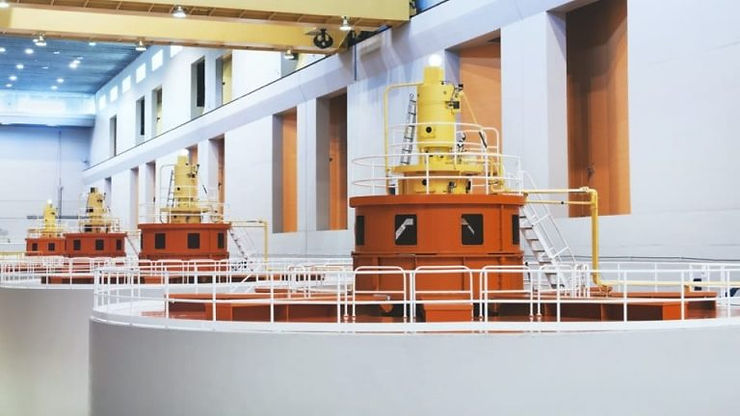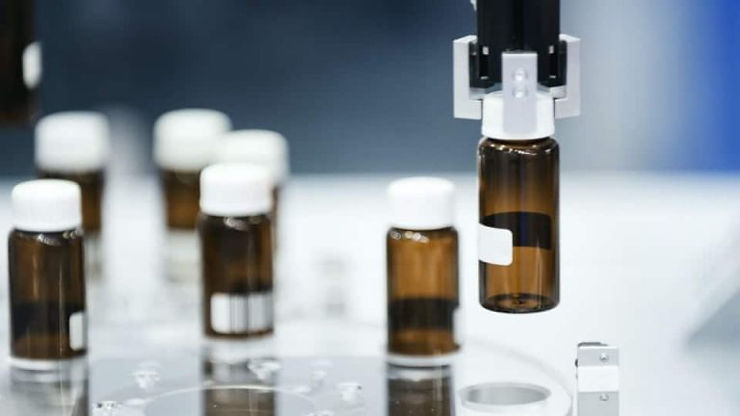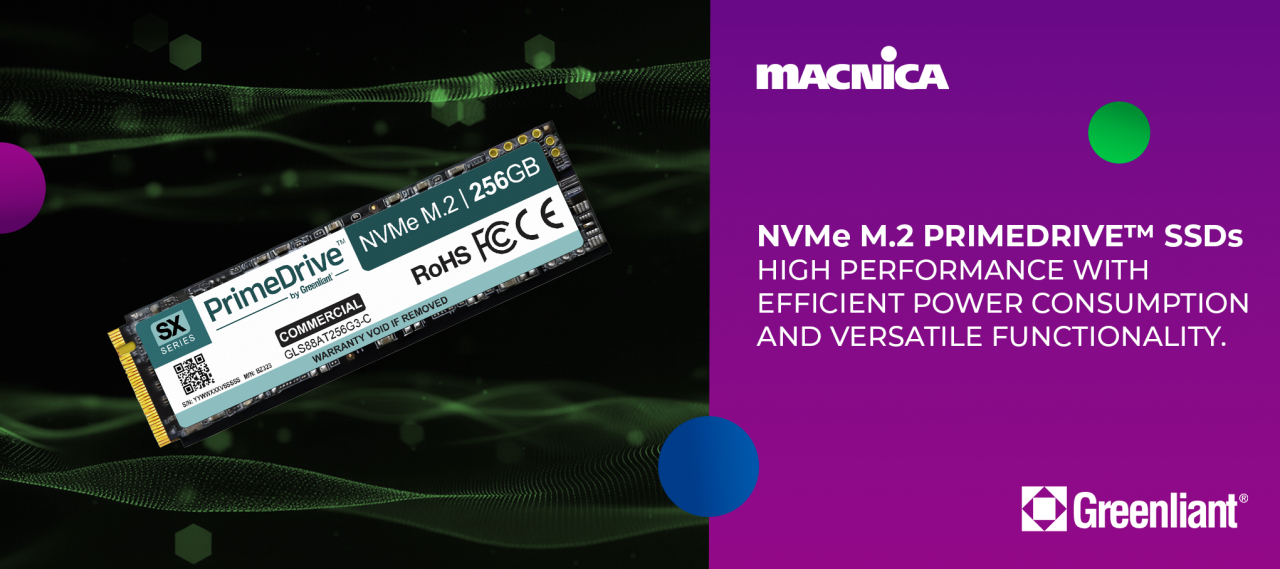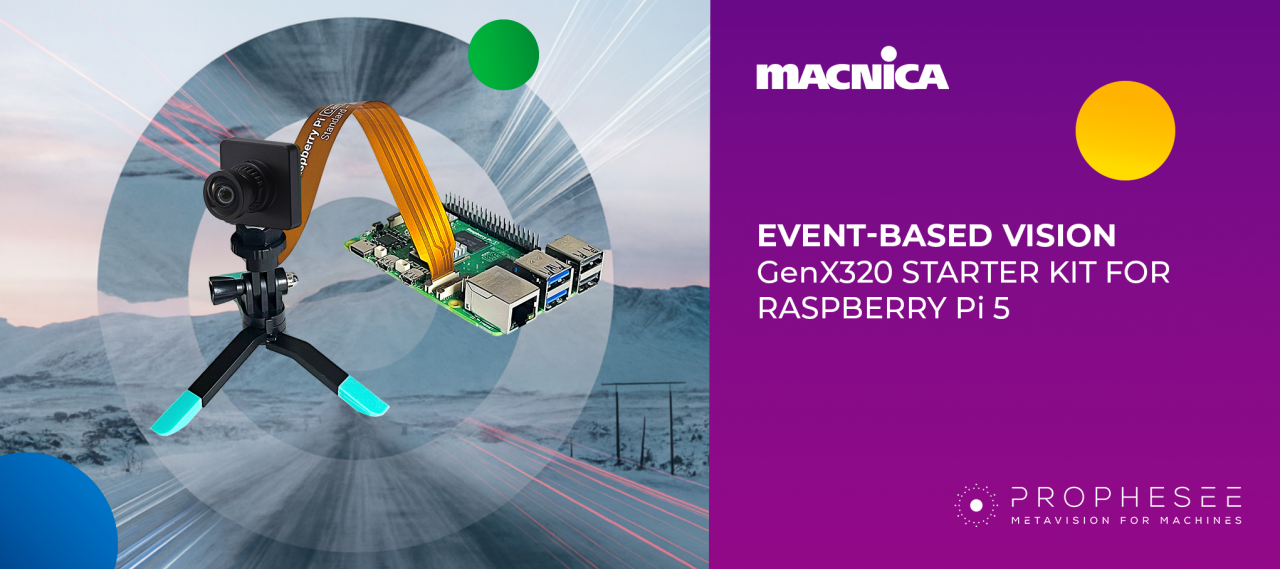Industries that use Smart Sensor for Engines
Predictive maintenance is present in many markets, bringing many benefits through the use of the smart motor sensor. Among these markets are the food industry, the pharmaceutical industry, the power generation industry and the paper production industry.
Predictive maintenance increases the lifetime of industry equipment. This is because it reduces unscheduled downtime and corrective maintenance costs. In addition, it increases the efficiency and availability of machines for production.
To assist in this process, Macnica ATD Europe brought exclusively to Europe the ADI OtoSense intelligent sensor for motors. Get to know, now, some industries in which this sensor proved to be important and generated many gains.
Food industry
Food and beverage production relies on continuous operation to meet the demands of the population without major variations. Line stoppages directly affect food yield and quality and contribute to contamination, so they need to be avoided.
Monitoring cooling systems and other critical equipment reduces potential downtime. It also ensures high levels of operation to meet growing demand around the world.

"With ADI OtoSense SMS technology, we have been able to eliminate manual preventive maintenance activities. Thus, we ensure that we read data collected from critical equipment that is not always working. With this solution, we get detailed and reliable information on the machine's condition in real time. In addition, the predictive maintenance team becomes more efficient, as it is dedicated to precise repairs of diagnostic failures."
Marçal Gotanegra, Maintenance Manager at Corbion - Food Industry Company.
Power generation industry
In addition to the main generators in power plants, there is a large support network of equally critical engines and equipment. Downtime of this equipment can affect the overall energy output of the plant.
Therefore, continuous monitoring of equipment effectiveness is essential. This can eliminate manual maintenance routines, reduce costs and improve process efficiency.

According to the BehrTech article, industrial environments with predictive maintenance initiatives reduce overall maintenance costs by 5% to 10%. In addition, with ADI OtoSense's smart motor sensor, unplanned downtime of power plant motors can be reduced by up to 80%.
"ADI OtoSense's SMS device allows you to efficiently monitor the motors of important machines in the power generation process. These include gas turbine cooling fans, hydraulic oil control pumps and closed-loop cooling pumps. In this way, we optimize the measurement of manual vibrations, save maintenance man-hours and avoid operator access to dangerous locations or elevations."
Gonzalo Gracia De La Rosa, Naturgy Plant Maintenance Manager.
Pharmaceutical industry
Pharmaceutical manufacturing requires tightly controlled conditions to deliver medical supplies and drugs to customers. Thus, eliminating unplanned downtime and reducing downtime minimizes raw material and product loss. They also maintain production yields so that critical supplies can be delivered on time and within customer specifications.

ADI's OtoSense smart sensor for motors not only anticipates failures, but also allows maintenance to be carried out before an unexpected stoppage. In this way, predictive maintenance is responsible for ensuring that environmental conditions remain within the regulatory standards of the pharmaceutical industry.
Paper industry
In the paper industry, the proper functioning of machine motors is also essential. A failure in one of the motors that drive the different rollers or pumps in the process is enough to cause production to stop and material to be lost.
In this context, ADI OtoSense smart motor sensor makes it easy to monitor motors, including those of critical machines that drive breakers. Uptime and production quality are thus guaranteed.

"One of the main benefits of this sensor is that you don't need to set up alarm levels, due to its self-learning capability. So you don't waste time on false positives and you don't have to deal with false negatives."
Joris Bracke, Director at Bracke EB Groep.
Want to know how to bring predictive maintenance to your industry quickly and easily? Contact us for more information.







